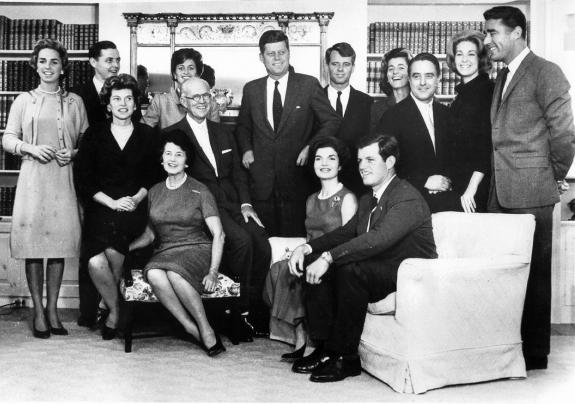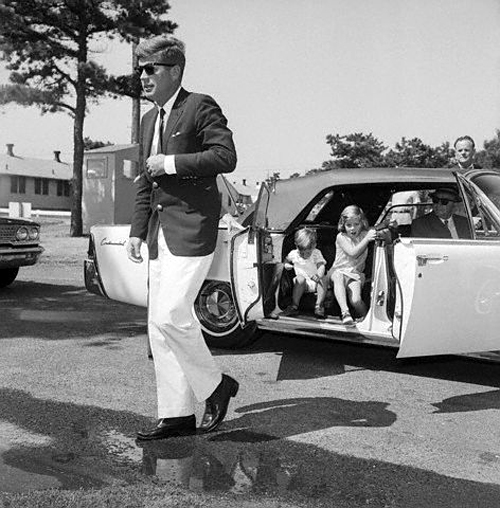
Astute observers of upper-class life commonly quote (or at least paraphrase) Balzac’s observation that behind every great fortune there’s a crime. The phrase endures because, independent of historical context, it seems to express a truth both unsettling and undeniable. All too frequently, reaching the very top of any decent society requires people to bend or break the law. Those careful enough to advance without arousing suspicion join the exclusive ranks of the establishment, but those unable to balance ambition with a reasonable level of caution typically wind up in jail, or worse. The tragic suicide over the weekend of Bernie Madoff’s son Mark is another reminder that corrupt behavior can have far-reaching consequences, not just for the victims but for the villain’s closest relations as well. According to reports, Mark Madoff was overwhelmed by a profound sense of despair. It seems that, believing his father’s conduct had placed him in an irreconcilable position—both financially and emotionally—he chose suicide as the only feasible escape.
Few cases are as catastrophic as Mark’s. Upper-crust schemes tend to involve lesser offenses, and usually end with the perpetrators in full possession of their wealth and status. History suggests that rich individuals can survive egregious episodes of public embarrassment as long as they emerge from the turmoil with their fortunes intact.
Think of Martha Stewart, who no more than six years ago was convicted of a federal crime and forced to serve time, among ordinary felons, in prison. That she maintains her innocence scarcely matters, since her billionaire prestige guarantees her a certain amount of respect from fellow power brokers and the American public in general. Watching her navigate the channels of established influence today, it is almost impossible to imagine that only recently she sat behind bars.
The Kennedy clan, as glamorous and easy to admire as they are, has been forgiven their fair share of outrageous scandals as well. Though officially managing to remain free of legal convictions during their years running the highest offices of government, they definitely failed to avoid committing moral infractions. To list such offenses seems naive because they are all so well known; let it suffice to note that this prominent dynasty weathered a number of storms that would have been devastating to families of more modest means.
During the run up to WWII, several industrial titans disgraced themselves by supporting the Nazi regime. That transgression, too, was excused, owing to their towering financial prowess. And then there are more recent geopolitical struggles where the wealthy have supported tyrannical, even odious regimes. Just look up the descendents of former embezzling dictators on exclusive international social networking sites and it’s easy to see how hanging onto money has enabled families to thrive who otherwise would have been vilified.
Money has the power to excuse evils normally not forgiven, which goes to show just how important money is to people in our culture. Bernie Madoff apparently thought it meant everything. And as dark as it may seem, the question can fairly be asked: would Mark Madoff have killed himself if he had merely been socially humiliated and not financially ruined. My guess is that he wouldn’t have. So what does money finally mean these days? Ironically, more than life.
The One Percent
by Jamie Johnson

